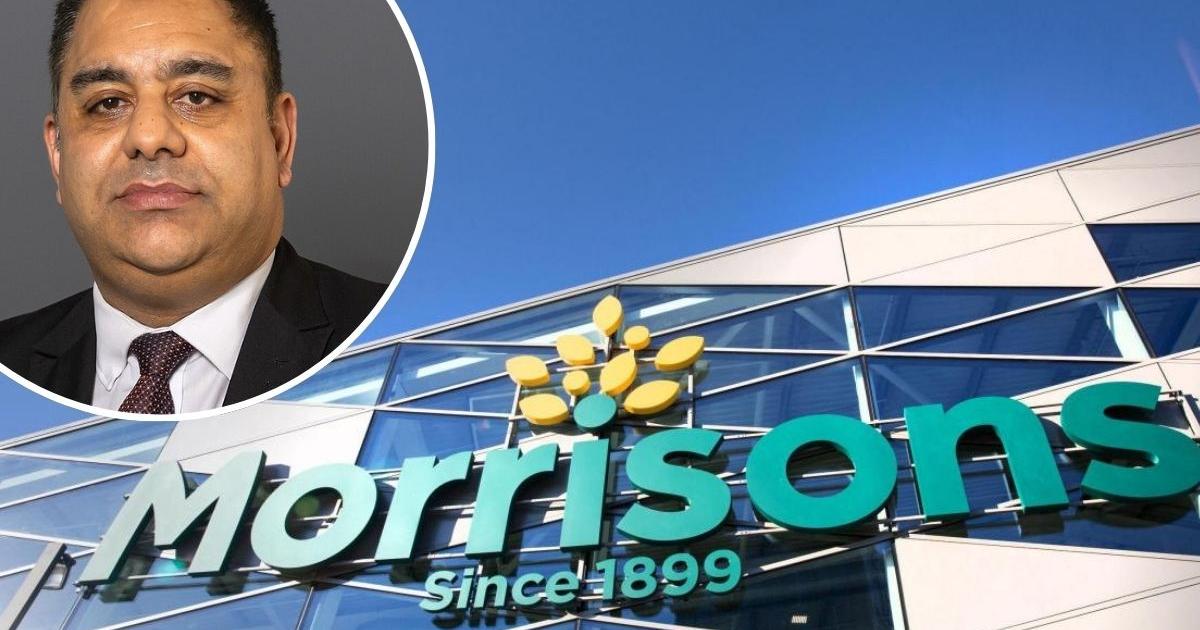The Bradford-based business – which was acquired by private equity firm Clayton Dubilier & Rice four years ago – reported a pre-tax profit of £2.1 billion for the year ending October 27, 2024, new accounts filed on Companies House show.
This follows a pre-tax loss of £919 million in the previous 12 months and a loss of £1.3bn the year before that.
A spokesperson for Morrisons said the company’s sale of its petrol forecourts to Motor Fuel Group (MFG) – which was revealed in January – was behind the figures.
Imran Hussain, Bradford East Labour MP, told the Telegraph & Argus: “It’s welcome news that Morrisons has returned to profitability, especially after recent turbulent times.
“For years, staff have shouldered the burden of job cuts, restructuring and uncertainty.
“As a major Bradford employer, Morrisons has a responsibility to the city it calls home and the thousands of workers who have kept it running through some of the most difficult times in retail.
“Now that the company is back in profit, I will be urging Morrisons to protect jobs, consult meaningfully with unions and rule out any further restructuring that puts livelihoods at risk.
“Bradford deserves a Morrisons that is rooted in our community, invests in its people and is committed to good, secure jobs.”
Morrisons did not wish to comment for this article.
Earlier this week, following the release of its accounts, a spokesperson for Morrisons told the T&A: “The results for the year to October 2024 reflect the impact of the sale of our petrol forecourts business to MFG during the year which generated a £2.6bn profit on disposal – this helped Morrisons return to a pre-tax profit in the year to October 2024. The loss before tax in the continuing businesses halved to £538 million from £1.09 billion in the prior year.
“The reduction in headcount year-on-year reflects the transfer of colleagues from the sale of the 337 petrol stations to MFG part way through the year, as well as the closure and restructuring of some manufacturing facilities and some productivity improvements in-store which were largely achieved by natural wastage.”
